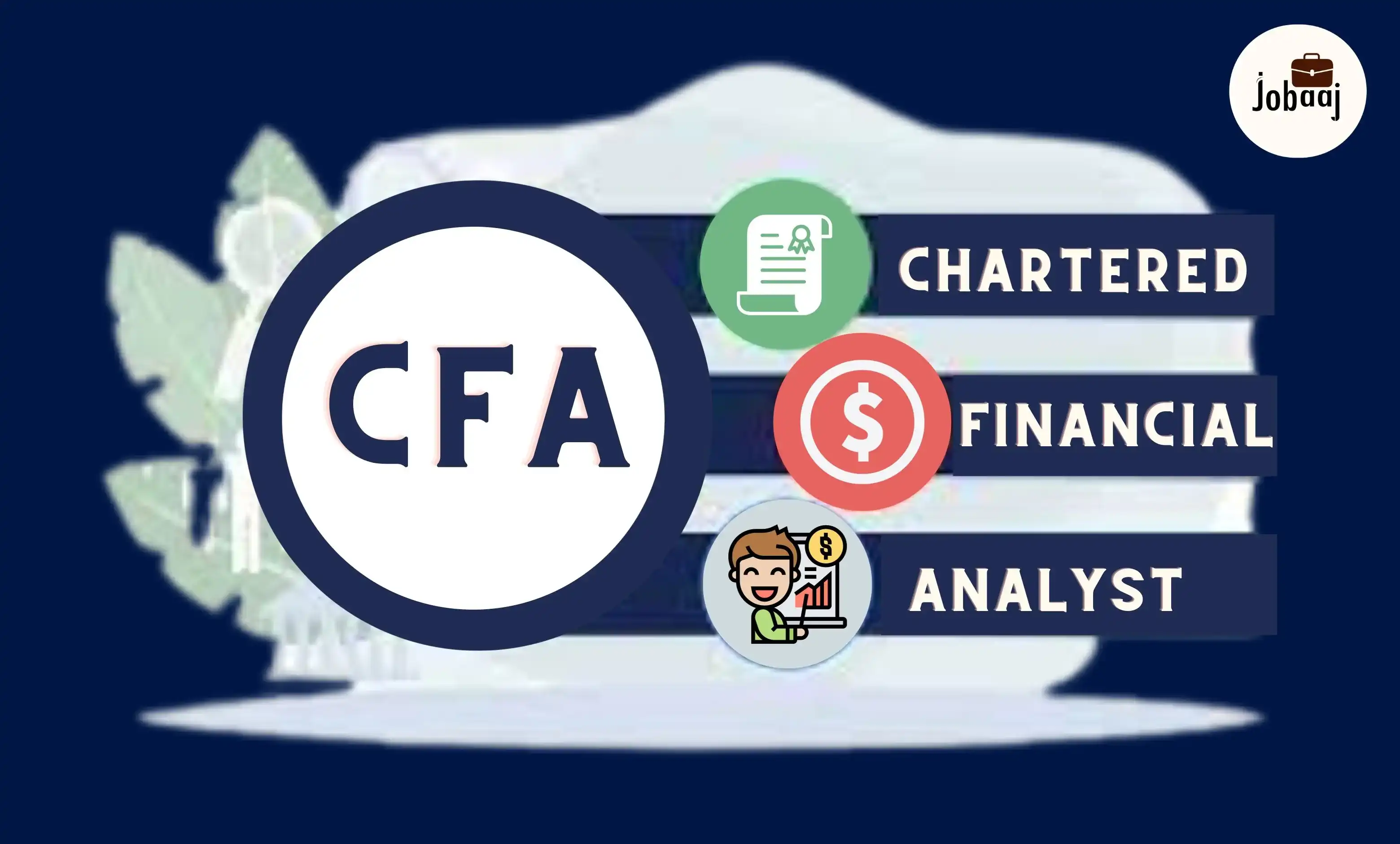The CFA (Chartered Financial Analyst) exams are well-known for assessing one's grasp of financial markets and are highly significant in the field of investment management. Achieving success in these exams demands a strict and methodical approach, leaving no room for errors.
The CFA exams consist of three levels and are known for their varying pass rates and levels of difficulty. Over the past decade, the pass rates for each level have been as follows: Level I: 41%, Level II: 45%, and Level III: 52%. These statistics underscore the demanding nature of these exams and the necessity for thorough preparation and unwavering commitment.
However, candidates shouldn't be disheartened by the seemingly low pass rates. There is hope for success, thanks to preparation providers like 1FIN, even though it's essential to understand that retaking the CFA exam would still entail paying the registration fee to the CFA Institute.
To excel in these exams and open doors to promising career prospects, it is imperative to steer clear of common mistakes often made by candidates. This article aims to delve into these common errors and offer valuable insights on how to avoid them, ultimately leading to success in the CFA exams.
Common Mistakes to Avoid When Preparing for CFA Exams
1. Commencing Preparation Late
Embarking on CFA exam preparation at a late stage can significantly impact your performance. Thorough preparation is vital for success, and failing to start early may lead to incomplete coverage of the exam syllabus. The CFA Institute recommends dedicating over 300 hours to studying for each exam level, making it crucial to adhere to these guidelines.
Starting late can limit your ability to grasp the complex concepts tested in the exams, resulting in a lack of conceptual clarity and difficulty in answering questions accurately. Additionally, beginning late increases the risk of overlooking important topics, which can adversely affect overall exam performance.
Understanding the exam format is essential.CFA Level I includes independent multiple-choice questions (MCQs), while Levels II and III involve short case studies followed by MCQs and essay-type questions, respectively. Commencing preparation early allows for comprehensive topic coverage and a deeper understanding of the exam material.
To avoid the pitfalls of a late start, create a study schedule, follow recommended study hours, and allocate ample time for concept revision and topic coverage. Early preparation allows for a thorough grasp of the exam material, improving your chances of success on exam day.
2. Neglecting Topic Weightage
Assigning appropriate weight to each topic in CFA exam preparation is essential. Different topics carry varying levels of importance, and understanding their weight can help prioritize your study efforts effectively. For example, in Level 1, Ethics and Financial Statement Analysis (FSA) hold substantial weights of 15-20% and 11-14%, respectively. Similarly, in CFA Level 3, portfolio management and wealth planning have a significant weightage of 35–40%.
While it's crucial to focus on these high-weight topics, neglecting other areas is a common mistake to avoid. A well-rounded understanding of all subjects ensures comprehensive coverage of the exam material and the ability to handle questions from various areas. Balancing your study time and placing emphasis on each topic enhances your chances of performing well across different exam sections. Be mindful of the weight assigned to various subjects and create a study plan that covers all areas adequately.
3. Insufficient Practice
In addition to grasping concepts, dedicating sufficient time to practicing solving questions is essential when preparing for CFA exams. The exams assess not only your knowledge but also your ability to apply that knowledge effectively.
Many CFA exam questions present options that may initially appear similar. Through regular practice, you can refine your skills in differentiating between these options and selecting the most appropriate answer. Practice allows you to become familiar with the question formats and patterns presented in the exams.
Question formats vary across the exam levels. Level I consists of independent MCQs; Level II includes short case studies followed by MCQs; and Level III features short case studies, essay-type questions, and MCQs.
Incorporating practice questions into your study routine enables the effective application of knowledge, improves time management skills, and builds confidence in tackling diverse question formats. Practice plays a crucial role in honing your exam-taking strategies and enhancing your overall performance.
4. Choosing the Right Exam Preparation Provider
While self-study is important, the effectiveness of self-study alone can vary based on individual learning styles and preferences. Many candidates find preparatory courses highly beneficial in their CFA exam journey, offering structured study plans, expert guidance, and additional resources.
When selecting an exam preparation provider, consider several factors:
- Evaluate the quality of instructors for valuable insights, concept clarification, and exam guidance.
- Review study materials for effective concept comprehension and comprehensive syllabus coverage.
- Check for an online interface offering exam practice to simulate the actual exam environment and enhance time management skills.
Choosing the right preparation provider that aligns with your learning style and offers high-quality resources can enhance your preparation and increase your chances of success in CFA exams.
5. Exam Day Preparation
Preparing for exam day is vital to excelling in CFA exams. The exams occur in a single day, with two sessions, each lasting 2 hours and 12 minutes. To ensure success, it is essential to be mentally and physically prepared. Taking mock exams is crucial to building confidence and assessing your knowledge. Aim to achieve a target of 70% correct answers in practice tests, indicating a strong grasp of the material.
Time management is critical during the exams, as some questions may be more time-consuming than others. Allocate your time wisely and avoid spending too much time on a single question to maintain a steady pace throughout the exam. Practicing time management strategies in mock exams helps develop the skills needed for efficient navigation of the actual exam.
In summary, strategic preparation is essential for CFA exam success. Starting early allows adequate time for study and comprehensive topic coverage. Prioritizing topics according to weight and maintaining a well-rounded understanding of the syllabus is crucial. Alongside self-study, choosing the right preparation provider, practicing regularly, aiming for a target score of 70%, and effective time management will collectively enhance your chances of success on exam day.
Achieving success in CFA exams requires thorough preparation, and with the right guidance and support, you can unlock the career opportunities that come with a CFA designation. Begin your journey with confidence and comprehensive preparation resources to secure a brighter future. However, you can also read the inspiring tales of Our Jobaaj Mentors.












